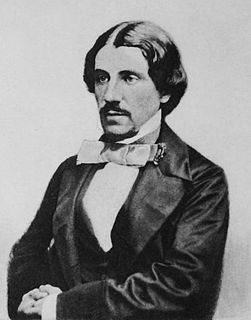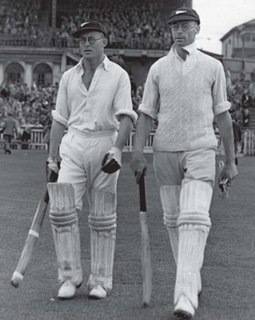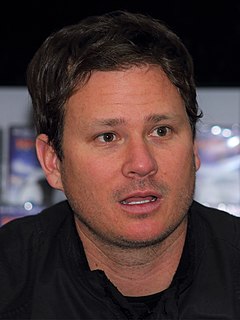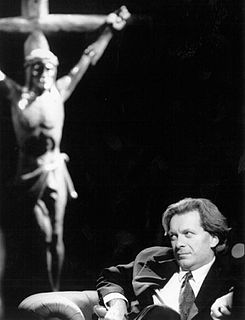A Quote by Mircea Eliade
And I realize how useless wails are and how gratuitous melancholy is.
Quote Topics
Related Quotes
I shall speak of how melancholy and utopia preclude one another. How they fertilize one another... of the revulsion that follows one insight and precedes the next... of superabundance and surfeit. Of stasis in progress. And of myself, for whom melancholy and utopia are heads and tails of the same coin.
Now Autumn's fire burns slowly along the woods, And day by day the dead leaves fall and melt, And night by night the monitory blast Wails in the key-hole, telling how it pass'd O'er empty fields, or upland solitudes, Or grim wide wave; and now the power is felt Of melancholy, tenderer in its moods Than any joy indulgent Summer dealt.
And if I'm guilty of having gratuitous sex, then I'm also guilty of having gratuitous violence, and gratuitous feasting, and gratuitous description of clothes, and gratuitous heraldry, because very little of this is necessary to advance the plot. But my philosophy is that plot advancement is not what the experience of reading fiction is about. If all we care about is advancing the plot, why read novels? We can just read Cliffs Notes.
Our sadness won’t be of the searing kind but more like a blend of joy and melancholy: joy at the perfection we see before us, melancholy at an awareness of how seldom we are sufficiently blessed to encounter anything of its kind. The flawless object throws into perspective the mediocrity that surrounds it. We are reminded of the way we would wish things always to be and of how incomplete our lives remain.
It seems that the more places I see and experience, the bigger I realize the world to be. The more I become aware of, the more I realize how relatively little I know of it, how many places I have still to go, how much more there is to learn. Maybe that's enlightenment enough - to know that there is no final resting place of the mind, no moment of smug clarity. Perhaps wisdom, at least for me, means realizing how small I am, and unwise, and how far I have yet to go.








































